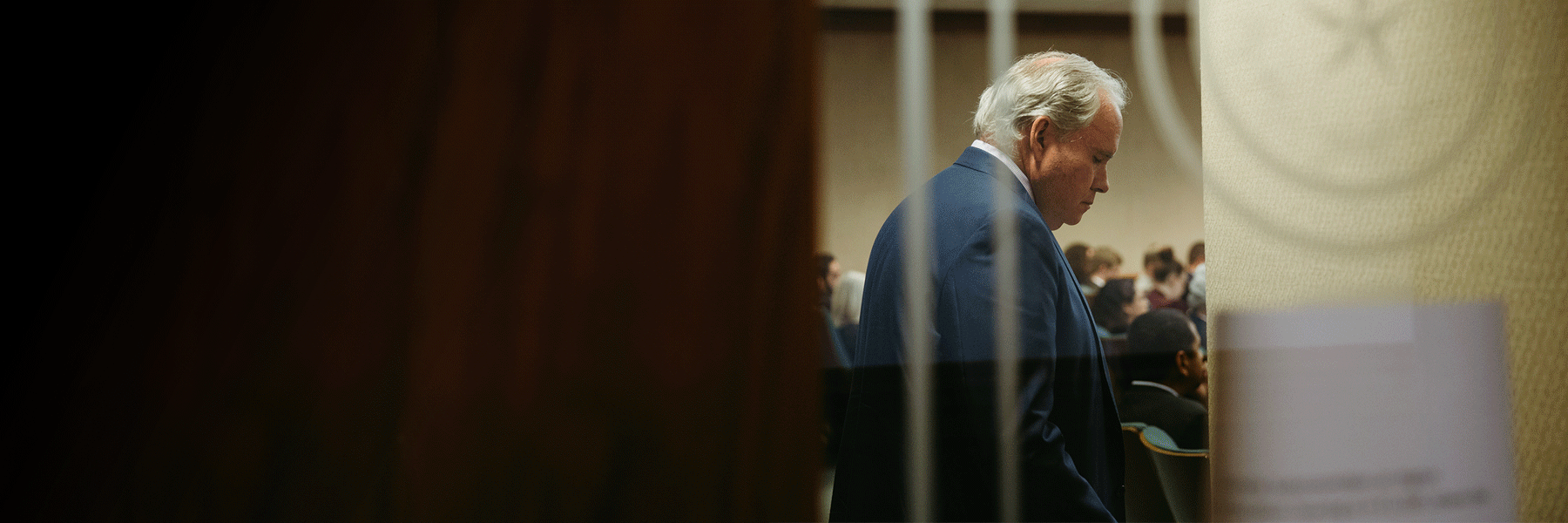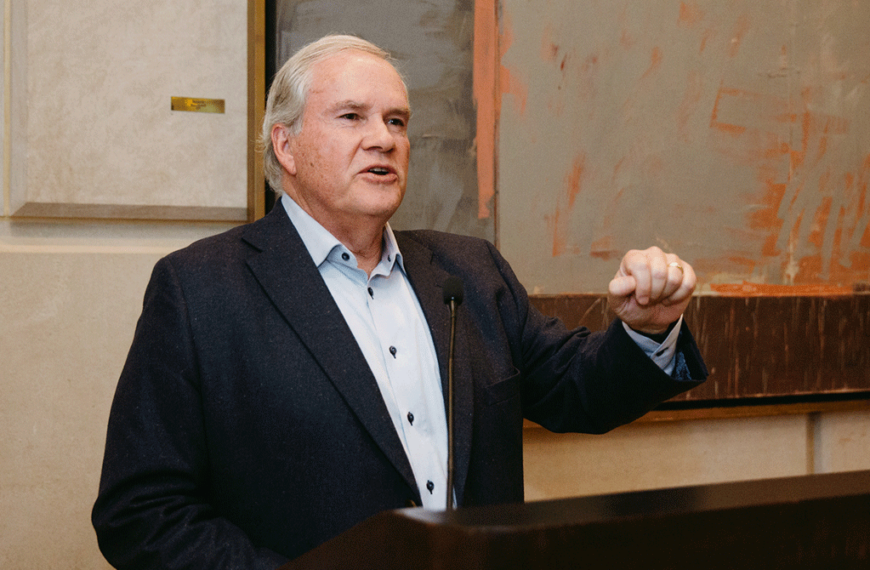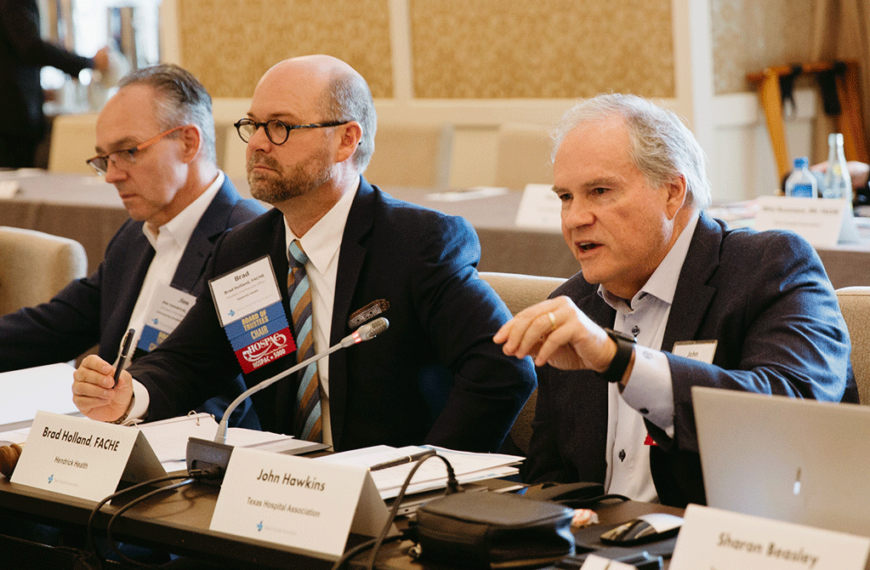Texas hospitals are mission-driven organizations dedicated to healing patients. However, they are also businesses that have to worry about their financial health – which is not guaranteed. And unlike any other business, cutting off a vital source of operating revenue will lead to devastating consequences for the health of the communities they serve.

That’s a lesson we never have to stop imparting. And it’s especially true when it comes to hospital outpatient payments – a vital piece of our hospitals’ sustainability that, almost out of nowhere, became a political flashpoint last year. With hospital finances and the cost of care being a central piece of the pointed, negative rhetoric that facilities are contending with these days, our focus on opposing payment cuts is unwavering – because for hospital outpatient settings, it’s a matter of staying open or having to close.
Members of our Texas Hospital Association faced several major legislative threats to their operational health during the 2023 session, borne by the health insurance industry. But out of them all, the attempt to ban hospital outpatient payments carried particularly troubling implications.
Known colloquially as “facility fees,” the hospital’s payments for a patient encounter have been portrayed by opponents as something they’re not: an unnecessary tack-on, a gratuitous overcharge. That was the gist of the attacks that accompanied several proposals in 2023 to outlaw hospital outpatient payments – most notably House Bill 1692 and Senate Bill 1275, both of which failed to pass.
But as we stressed again and again – and will continue to stress at every necessary opportunity – that characterization of hospital outpatient payments is false. Because physicians generally bill and collect payment separately from hospitals, eliminating facility fees actually eliminates the entire portion of the hospital’s payment for care provided. In fact, these payments cover all costs of a hospital aside from physicians’ professional services. They pay for everything from nurses to emergency services to lab techs to janitorial staff to the hospital’s cost of adhering to state and federal regulations. Simply put, keeping a hospital outpatient facility open and staffed to serve the public requires these payments.
As noted in THA’s white paper on the topic, the payments are also building blocks for the availability of specialty care in communities across Texas. Hospitals have moved much of their daily patient care to an outpatient setting – where it is more cost-effective and convenient for the patient. Cancer care, diabetes and pediatric care, maternal fetal medicine – without outpatient payments, a state that already suffers from profound access-to-care challenges would see further lost access to these and many other vital services.
The bills to slash reimbursement for these needed outpatient settings failed, in large part, because of avid, grassroots THA member engagement on this issue. There was good reason for that. As last session unfolded and our facilities faced this unprecedented threat to their continued operations, THA conducted a member survey to gauge the anticipated impact of a ban on hospital outpatient payments. Eighty percent of Texas hospitals said they would reduce services; 85% would reduce staff; and almost 70% said they would have to close outpatient clinics.
Those sobering numbers reveal how vital outpatient payments are to our facilities, but also carry a reminder of that other, bigger-picture truth: Hospitals, like any other business, have sources of revenue that must remain intact just to exist. And when hospitals cease to provide care, their communities suffer. We’ll keep educating on that point for as long as it takes, because the health of our whole state is at stake.
Originally published by the Houston Medical Journal.
May 17, 2024
Related articles from CEO Messages
Preventing New Plagues: THA Committed to Defending Time-Tested Vaccines
Typically, policy disagreements we at the Texas Hospital Association have…
Bollard Mandates for Hospitals Would Be a Barrier to Care
It’s not uncommon for the Texas Legislature to lay an…
Congress Must Protect Our Health Care Safety Net
Figuratively, we in the health care world call it the…
A Healthier State: THA’s Broad and Ambitious Priorities for the 2025 Texas Legislature
We’re now past the general election, and Texans across the…
Saving the Savings: Keep the 340B Drug Program Accessible for Our Hospitals and Patients
It’s a tricky thing to set up any program –…
Clearing the Pipeline: Workforce Shortages Still Haunt Texas Hospitals
Earlier this month, the Governor’s Task Force on Health Care…







